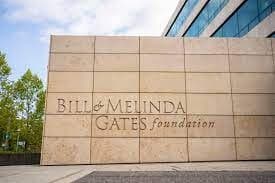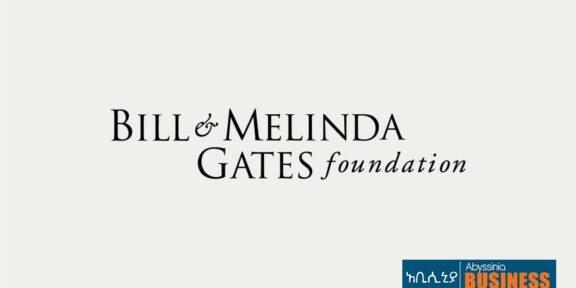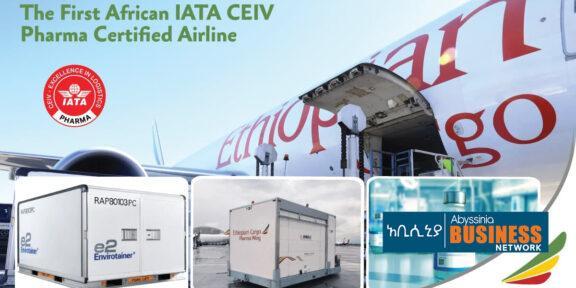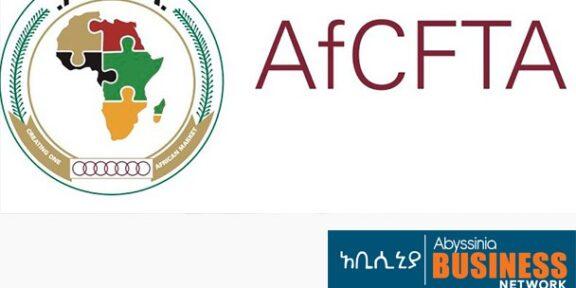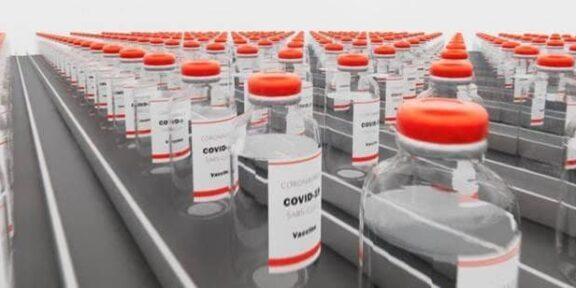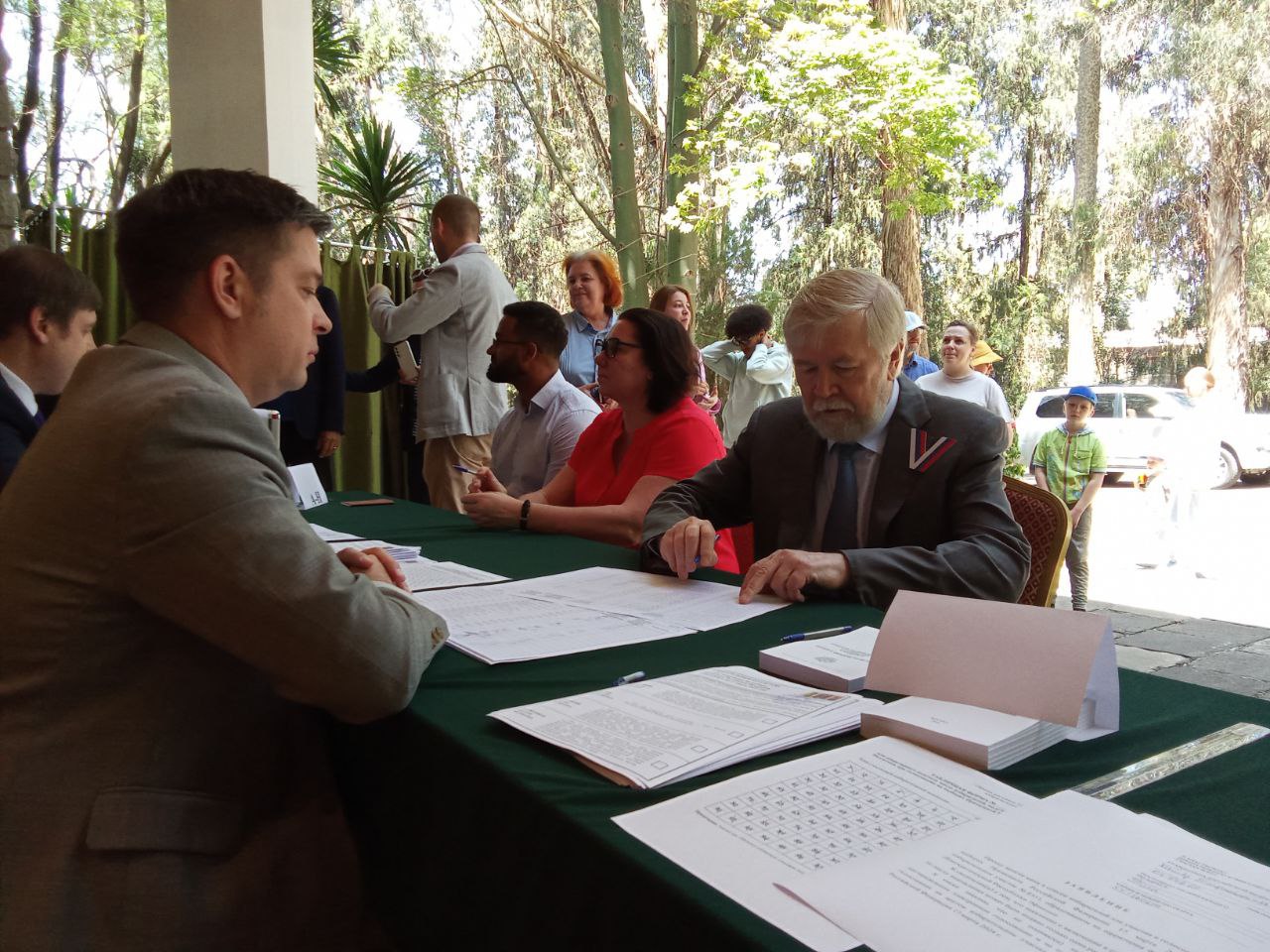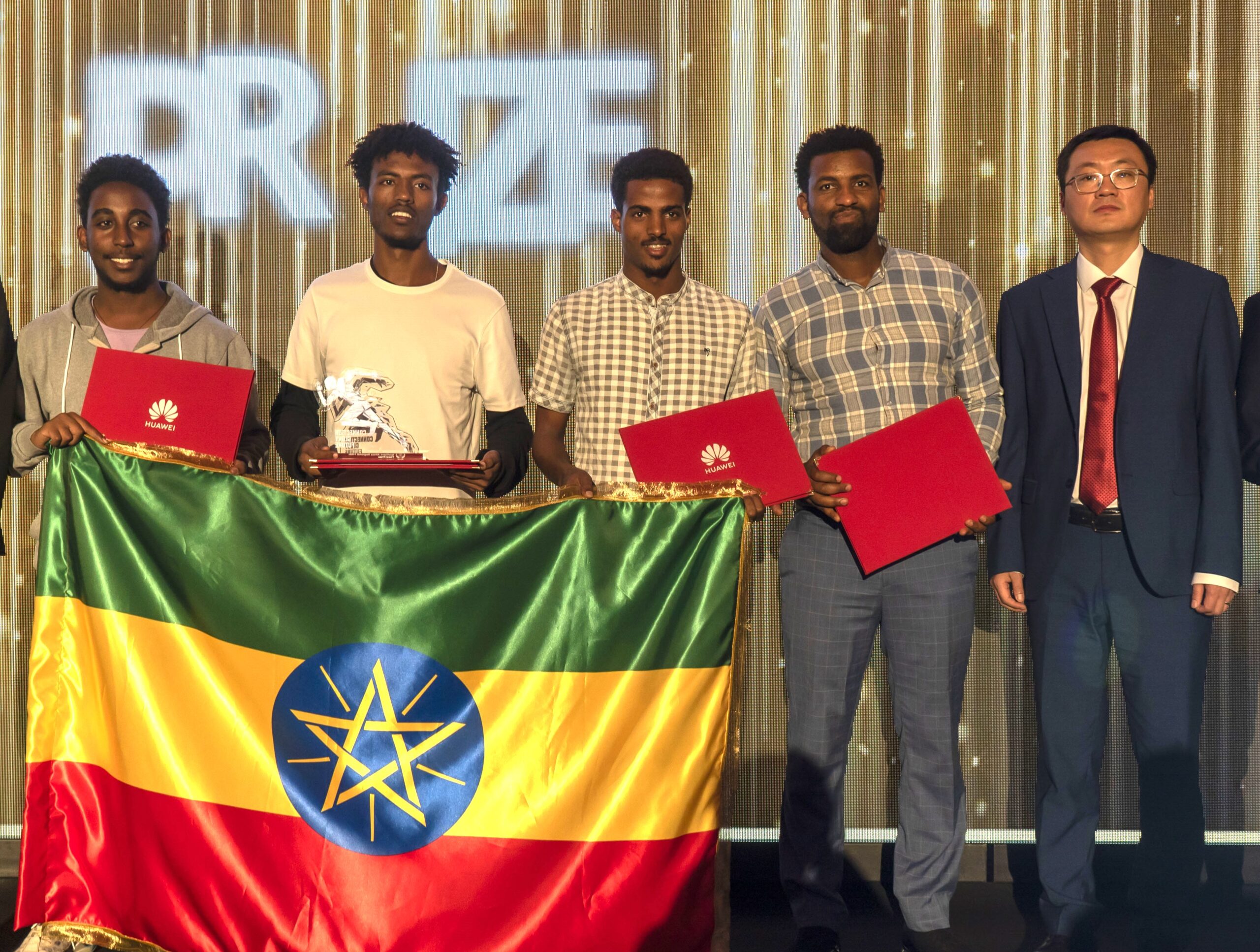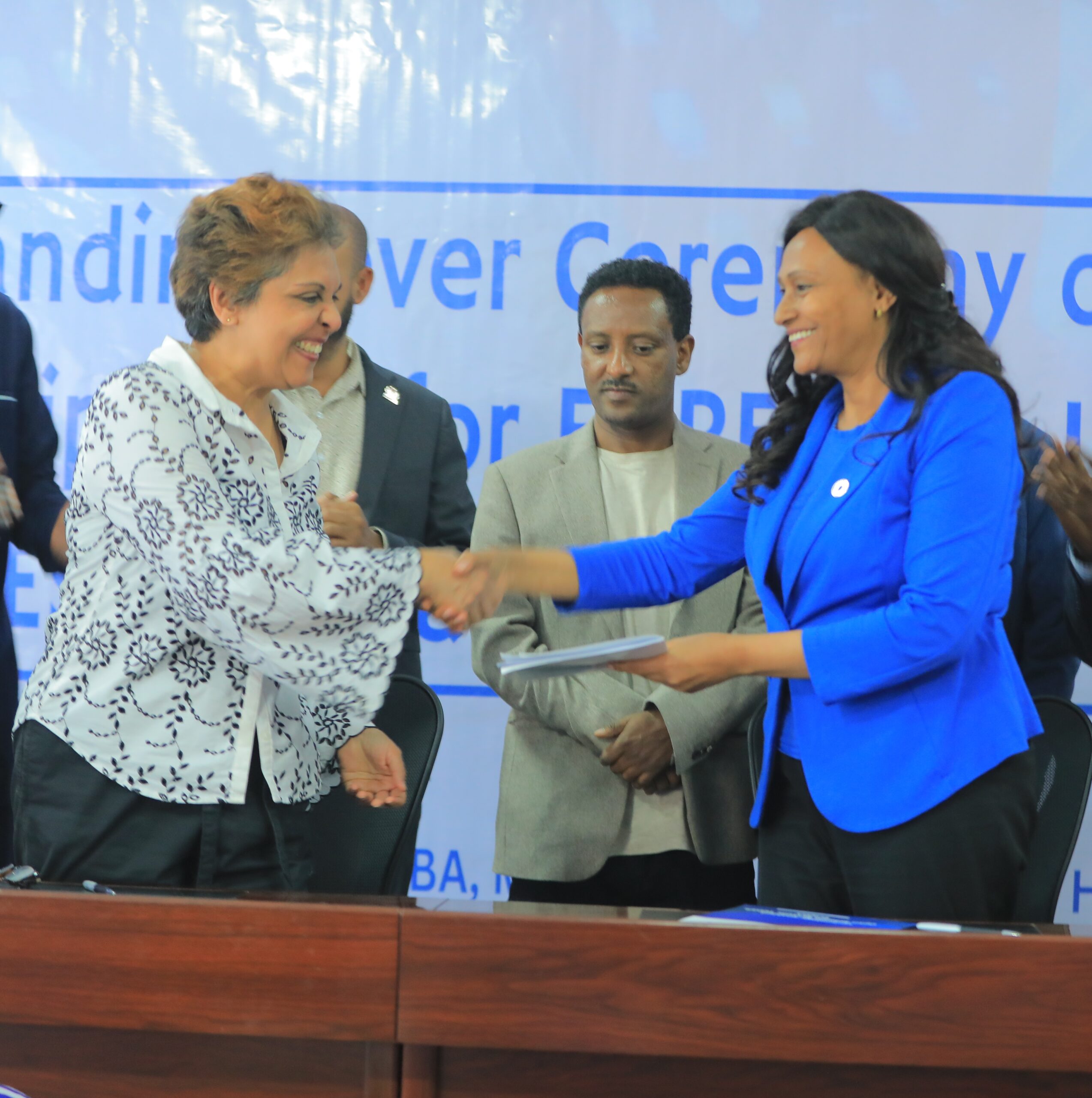The Bill & Melinda gates foundation revealed that the world stepped-up efforts to prevent worst case scenarios from happening in the wake of the COVID-19 pandemic. However, long-term investments need to be made to ensure equitable and continued recovery on the way to ensuring achievement of global goals.
The Bill & Melinda Gates Foundation launched its fifth annual Goalkeepers Report, with an updated global dataset illustrating the pandemic’s adverse impact on progress toward Global Goals. The 2021 report, shows that disparities caused by COVID-19 remain stark, and those who have been hardest hit by the pandemic will be the slowest to recover. Goalkeepers is the foundation’s campaign to accelerate progress towards the Sustainable Development Goals (Global Goals). By sharing stories and data behind the Global Goals through an annual report, it aims to inspire a new generation of leaders—Goalkeepers who raise awareness of progress, hold their leaders accountable, and drive action to achieve the Global Goals.
Due to the COVID-19 pandemic, an additional 31 million people were pushed into extreme poverty in 2020 compared to 2019. It is expected that 90% of advanced economies will regain pre-pandemic per capita income levels, but only one third of low- and middle-income economies will achieve that feat. On the bright side, amidst this setback, the world stepped up incredibly to counteract against some of the worst-case scenarios. To ensure a truly equitable recovery from the pandemic, Bill and Melinda gates call for long-term investments in health and economies to fast track recovery efforts and get the world back on track to meet the UN Global Goals.
The report highlights the inequitable economic impact that the pandemic had on women globally. Both in low and high income nations the impact of COVID on women was more pronounced than in men due to the consequent global recession. The report also points out how so-called “miracle” of COVID-19 vaccines was the result of decades of investment, policies, and partnerships that established the infrastructure, talent, and ecosystems necessary to deploy them quickly. Unfortunately, the health care and organizational systems that made possible the unprecedented development and deployment of the COVID-19 vaccine exist primarily in wealthy countries, and as a result, the world has not benefited equally, stressed the report.

More than 80% of all COVID-19 vaccines have been administered in high- and upper-middle-income countries to date, with some wealthy even going to the extent of securing two to three times the number needed so they can cover boosters. Low income countries secured less than 1% of doses have been administered.

Ultimately, the report calls for the world to invest in R&D, infrastructure, and innovation in places closer to the people who stand to benefit. “We must invest in local partners to strengthen the capacity of researchers and manufacturers in lower income Countries to create the vaccines and medicines they need,” said Gates Foundation CEO Mark Suzman. “The Only way we will solve our greatest health challenges is by drawing on the innovation and talent of people all over the world.”







